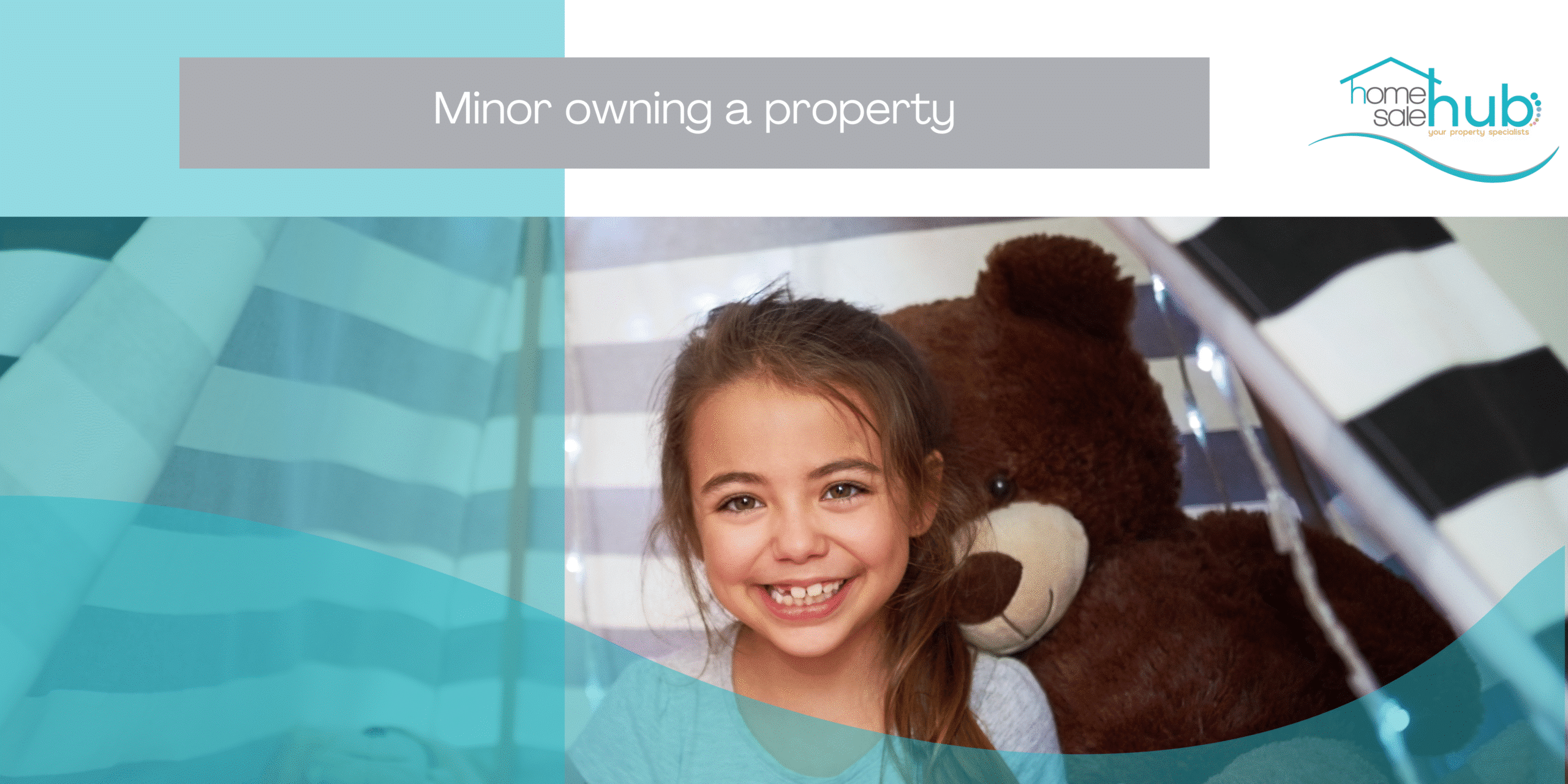Address
38f Goring Rd,
Worthing
BN12 4AD
Introduction to Property Ownership for Children
Many parents consider buying property for their child’s future, whether as a nest egg or to help them get on the property ladder later on. However, it is important to understand the legal position regarding property ownership by minors in the UK.
Under English law, minors (children under the age of 18) cannot legally own property in their own name. This means that parents or guardians must make alternative arrangements if they wish to buy a property for a child’s benefit. Bare trusts are a common solution, though there are other options, each with its own legal and tax implications.
Property ownership for minors also involves potential tax considerations, including inheritance tax (IHT) and capital gains tax (CGT). Therefore, it is sensible to obtain professional advice before proceeding.
Buying Property for a Child
Buying property for a child can be an effective way to secure their financial future. However, it is important to consider the tax consequences, such as stamp duty land tax (SDLT), which applies to most property purchases in the UK.
Since minors cannot hold legal title to property, parents often purchase property in their own name and hold it in a bare trust until the child reaches the age of 18. At that point, the child becomes the beneficial owner of the property, and the legal title can be transferred to them.
Gifting property to a child can also trigger tax liabilities, including IHT and CGT. Parents should seek professional advice to manage these risks effectively. It is also worth considering the child’s future income tax position, particularly if the property is intended to generate rental income.
Gifting Property to Minors
Gifting property to a minor can be a tax-efficient way to transfer wealth. However, it is essential to understand the IHT implications. If the parent dies within seven years of making the gift, the property may still be considered part of the estate for IHT purposes. The potential liability tapers off after three years.
Parents can make use of the nil rate band and annual exemption to reduce the IHT burden when gifting property to a child. Alternatively, some parents choose to gift money to a child, who can then use it to buy property in their own name once they reach adulthood. This can avoid some CGT complications.
Using bare trusts and trust deeds can also help to structure the gift effectively, ensuring the child’s beneficial ownership while managing tax liabilities.
Utilising Bare Trusts for Property Ownership
Bare trusts are a popular solution for holding property on behalf of a minor. Under a bare trust, the parent (as trustee) holds the legal title to the property, while the child (the beneficiary) has the right to the income and capital.
Once the child reaches the age of 18, they become the legal owner of the property. Until then, the parent (or trustee) is responsible for managing the property on the child’s behalf.
Bare trusts can also help to reduce tax liabilities. For example, the child is entitled to their own annual CGT exemption, which can reduce CGT liabilities on any eventual sale.
A bare trust is normally created through a trust deed, which sets out the terms of the trust arrangement. It is recommended to seek professional legal advice to draft the trust deed properly.
Tax Implications of Property Ownership
Owning property as a minor can have significant tax implications, including income tax on rental income, CGT on any gain realised on sale, and IHT depending on how the property is transferred.
The specific tax liabilities will depend on the individual circumstances, such as the property’s value and the child’s income. Parents may wish to consider whether using a limited company to hold the property could be a more tax-efficient option in certain cases.
Professional tax advice is invaluable for minimising tax liabilities and ensuring compliance with tax laws. This may include advice on how to structure ownership, utilise allowances and exemptions, and plan for future tax changes.
—
Property ownership for minors can be a valuable way to secure a child’s financial future, but it comes with legal and tax complexities that must be carefully considered. From setting up a bare trust to understanding the IHT and CGT implications, each decision should be tailored to the family’s individual circumstances.


